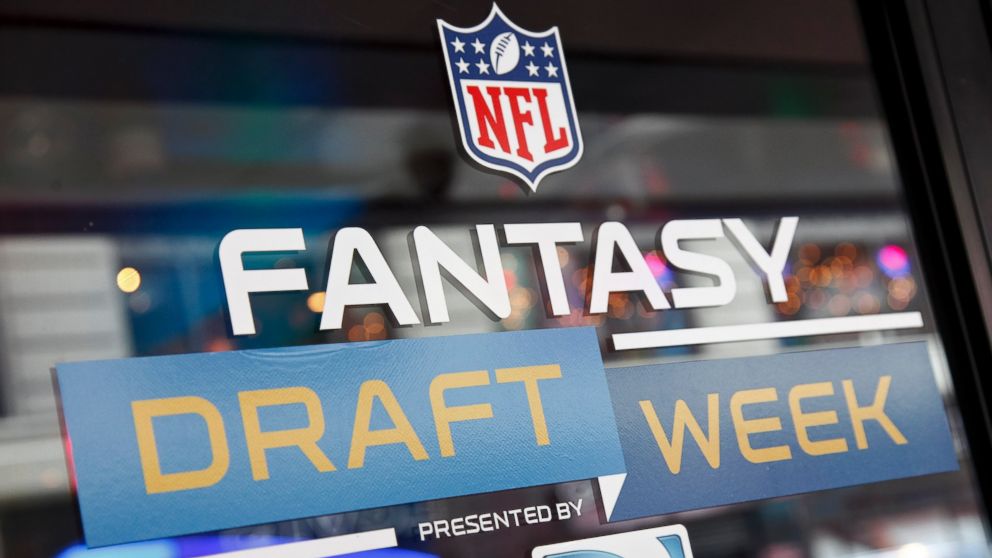Fantasy Sports Champ Breaks Down Lost Workplace Productivity
Report finds fantasy football may cost businesses $13 billion this year.

-- Fantasy football-playing employees may cost businesses more than $13 billion in workplace productivity this year, but a competitive fantasy player who has earned hundreds of thousands of dollars from his hobby says people aren't as distracted as they used to be.
Stephen Jupinka, 49, made it to the championship rounds of the four competitive fantasy football competitions in 2012, winning more than $40,000 through tournaments like the Fantasy Football World Championships.
But the Wall Street trader's strength is in fantasy baseball. He ranks third in the National Fantasy Baseball Championship's (NFBC) career earnings list with $203,900. Jupinka was inducted into the NFBC Hall of Fame in 2011.
As for football, a report released this month estimates that the more than 18.3 million people playing fantasy football during the workday spend at least two hours per week managing teams or reading about fantasy sports while on the job, according to outplacement company Challenger, Gray & Christmas. Over the typical 15-week fantasy football schedule, that can amount to $13.4 billion in lost productivity, using non-farm average hourly earnings of $24.45.
10 Biggest Ways Google Has Innovated Since Its IPO 10 Years Ago
Majors That Can Lead to the Highest-Paying Jobs
Jupinka said he isn't surprised by the report's estimate.
"Everybody is working on the computer and you got your browser up and the temptation to read the latest news is just a click away," he said.
But with the proliferation of fantasy sports apps, distractions at the office actually may have decreased, thanks to improved computing mobility.
"You have all this at your fingertips while you’re commuting, whereas only five or six years only you had to have a computer," he said.
Jupinka, for example, can focus on fantasy sports during his one-hour commute each way between New Jersey and Manhattan.
"What’s incredible is that the daily contest for baseball is very advanced technologically: to add your lineup, modify your lineup, check lineups on the fly. They made it very easy for the person on the go," he said, adding that the ease of fantasy football has also improved.
"What’s great is when you were at the tailgate party at the stadium in the old days, you had your laptop. Now, you have it all on your phone to make guys active and inactive. Thank goodness for all this technology."
During the NFL season, fantasy fans primarily focus on the Sunday contests, then Thursday games, whereas baseball teams compete nearly every day.
"It's almost impossible if you have a full-time job," Jupinka said, referring to the grind of daily-contest fantasy baseball.
Fantasy football rules, on the other hand, have become more accommodating and easier for the average person who works during the day, he said. Certain fantasy football deadlines before Thursday games are at 10 p.m. on Wednesday, "so you have plenty of time," Jupinka said.
"The key are the active-inactive lists that come out about 45 minutes or ab hour prior to the start of the game. That’s your deterrent and determinant for whether to start a game," he said. "By then you’re already at home."
Jupinka said fantasy players should be shrewd about being sucked into fantasy sports at the office.
"The people who play these high stakes contests have to have the disposable income, and if you need that you have to work for it. You have to be smart. You can’t be on the computer looking at this stuff all day long," he said.




